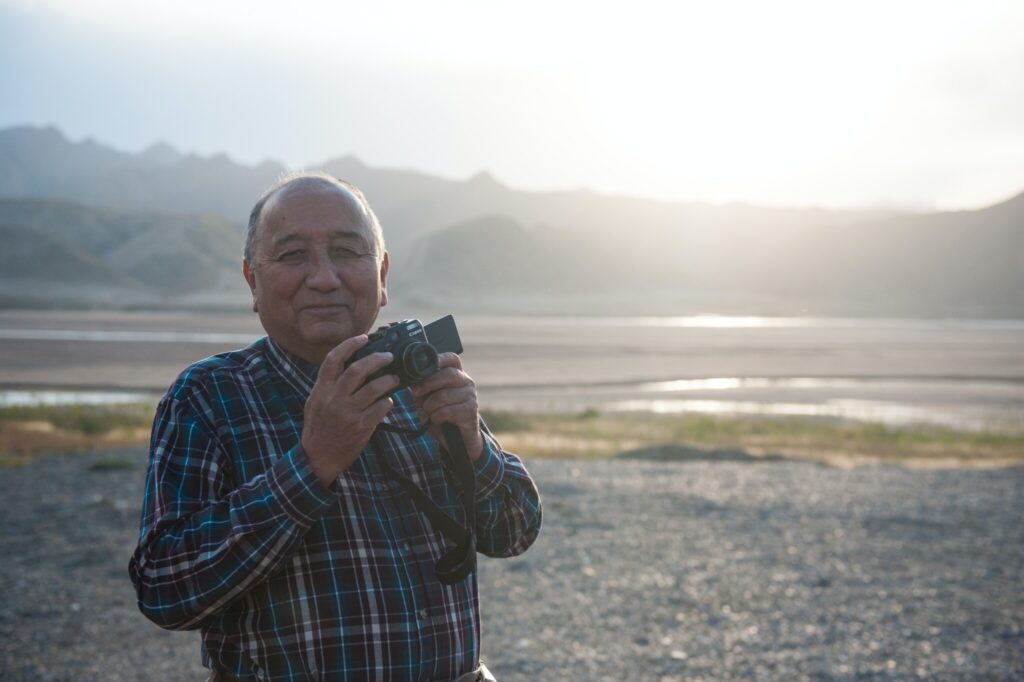In the best of times, lifelong learning programs fill important human needs for senior adults, supporting intellectual development, encouraging artistic exploration and providing a vital network of social connections.
In the worst of times, they’re even more essential.
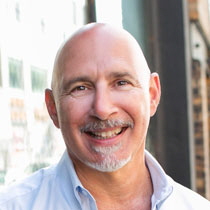
“The isolation we’re all experiencing during COVID can be so debilitating, especially for older adults,” says James Moses, CEO and president of Road Scholar, a not-for-profit organization offering “learning adventures” around the world. “But lifelong learning is one of the keys to healthy aging; people report higher degrees of happiness, of feeling connected. That kind of social engagement and intellectual stimulation has only become more important right now.”
Dawn E. Provost, interim director of continuing education at the University of Louisiana at Lafayette, agrees. “We all need to grow, to continuously learn and evaluate, and if anything that’s only increased during the pandemic,” she says. “There’s only so much TV you can watch! You get a little stir-crazy, but moving to online learning, you can still be engaged, you can still participate in life.”
Facing the virtual challenge at Road Scholar
Admitted, that initial move to virtual instruction brought some challenges, for instructors and students.
Road Scholar built its reputation on offering curated tours and cultural experiences around the world. In March, the organization was in 190 countries; since then, “we have been suspending or cancelling programming pretty much everywhere and transferring courses into the virtual world,” Moses says. Walking tours were replaced by interactive videos and in-person lectures with Zoom conferences.
It was daunting at first, Moses admits, but went relatively smoothly. “We had never done anything like that before, and it’s incredible how well it’s gone,” he says.
Uncovering the benefits of online learning
Of course, not everyone was ready—practically or personally—for the pivot to virtual. Not every instructor or student is comfortable with technology. For some, the learning curve is steep.
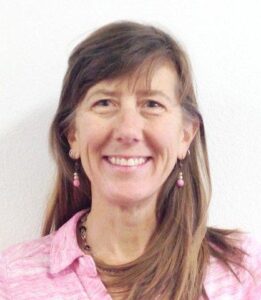
“Unfortunately, some members don’t have the hardware to facilitate online learning, or the internet connection; some of our members don’t even have email,” says Bobbi Geise, director of the Osher Lifelong Learning Institute at Montana State University in Bozeman. “The people who could sign up are enjoying it, but enrollment is off by about 25 percent.”
Yet once they’ve made the jump to online learning, students generally give it high marks and even realize that what once loomed as a crisis and then presented a challenge is in reality an opportunity.
“Once we moved online, a lot of problems people previously had with courses just disappeared,” says Cate O’Hara, program manager for the Osher Lifelong Learning Institute at the University of Cincinnati. “We’ve had notes from people, ‘It used to take me an hour, I had to drive to school, park, get across campus—now I just get my cup of coffee and sign on.’ ”
At Road Scholar, Moses says that “some of the most rewarding reactions we’ve had are from people with physical disabilities or mobility challenges. One woman said, `I’ve always wanted to do your Paris program, but I’m not physically able to. Being able to take online completely changed my life.’ People may age out of the ability to travel, but they don’t age out of the ability to engage intellectually.”
Pivoting to an online format
Educators had to learn a lot, quickly, in those early online days. Now, they’re trying to take those lessons into the future, making their online offerings not just a rough adaptation of what they used to do, but an exploration of what they can do.
It can require a bit of re-imagining. What kinds of courses transition easiest to online and which ones need a bit more help? How do you encourage technological equity, so every student can fully participate? When we finally say goodbye to “the new normal,” how do we welcome in a better normal?
It’s made educators into students, too.
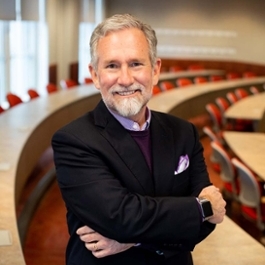
“Everybody kind of went ‘Yikes!’ when COVID happened,” admits Provost, of the University of Louisiana at Lafayette. “How are we going to transition to online? We learned as we went along. But there have been a lot of successes, and some surprises. Our studio art classes have worked really well. One class I particularly worried about was our Voiceover course. I thought we would lose a bunch of people there, but we didn’t. The students were really enthusiastic about it.”
At the Osher Lifelong Learning Institute at the University of Michigan, hundreds of people have enrolled in large lecture courses, which include small breakout discussion groups, said Steve Thaxton, executive director of the Osher Institutes National Resource Center at Northwestern University. “I’ve heard great things about studio art courses—there’s a cartoonist at California State University, Chico, for example, who’s apparently doing a wonderful job.”
Adjusting to the costs of online learning
Still, like many things in the pandemic era, there are new economic realities. Although some institutions have been able to cut expenses—moving catalogs online, cancelling leases on off-site spaces—there are new costs, too, and often decreased revenues.
“We are self-funded,” Provost says. “Everything we make from class fees goes into operating expenses and enrollment is definitely down. Some people aren’t comfortable with online learning yet, and others are holding off and waiting for a vaccine, so they can go back to in-person learning. We’ve trimmed some expenses. We’ve tried to beef up the website, too, focus on the courses that have been the highest enrolled and give them more real estate in the catalog. But it’s definitely been a struggle.”
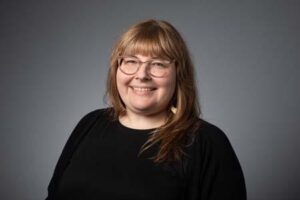
Megan Novak, manager of the Osher Lifelong Learning Institute at Rutgers University, adds: “There’s a perception that it may be cheaper and easier to create and execute these kinds of programs, compared to ones that are face-to-face. That’s just not the case.”
As membership has dropped slightly from 1,600 to 1,500, costs have gone up significantly at the institute. “We pay to provide our instructors with undergraduate moderators, who help provide light technical support. That’s an expense,” Novak says. “We assist our instructors who may not have the technological resources they need. That’s another expense.”
Forging a path ahead
And yet, educators say, the opportunities presented by this crisis more than make up for the challenges.
“Sometimes you forget that you can innovate,” says O’Hara, of the Osher Lifelong Learning Institute at the University of Cincinnati. “But this has forced us to rethink some things, introduced us to new models. We’ve realized we can keep students, even after they move away. We can reach out to instructors, literally around the world and offer them the chance to teach remotely. We always had the technology. Now that we have the knowledge, there’s the chance to carry it forward and apply it to new situations.”
While Road Scholar has never offered online programs before, it may continue online for a while. Moses says that 80 percent of participants don’t expect to travel until vaccination is widespread.
“So it’s been a huge shift for us, as well as for them,” Moses says. “Yet we’ve had more than 100,000 people enroll so far—some of them people who never could have participated before. And they’re coming together the same way they could in class, communicating with each other, trading information, making friends. It’s been a lesson. As our lives have closed down, other windows have opened.”
Geise, director of the Osher Lifelong Learning Institute at Montana State University in Bozeman, agrees that there have been important lessons learned during the past year. “This whole transition has been an education for everyone, me included,” she says. “But, after all – we are supposed to be dedicated to lifelong learning.”
Stephen Whitty is an award-winning writer who has covered topics ranging from movies to medicine, and has lectured at New York University, Montclair State University, and Rutgers, the State University of New Jersey, and is currently an adjunct at Kean University. He is a two-time former chair of the New York Film Critics Circle and his work has appeared in publications around the world. His most recent book is “The Alfred Hitchcock Encyclopedia.”

